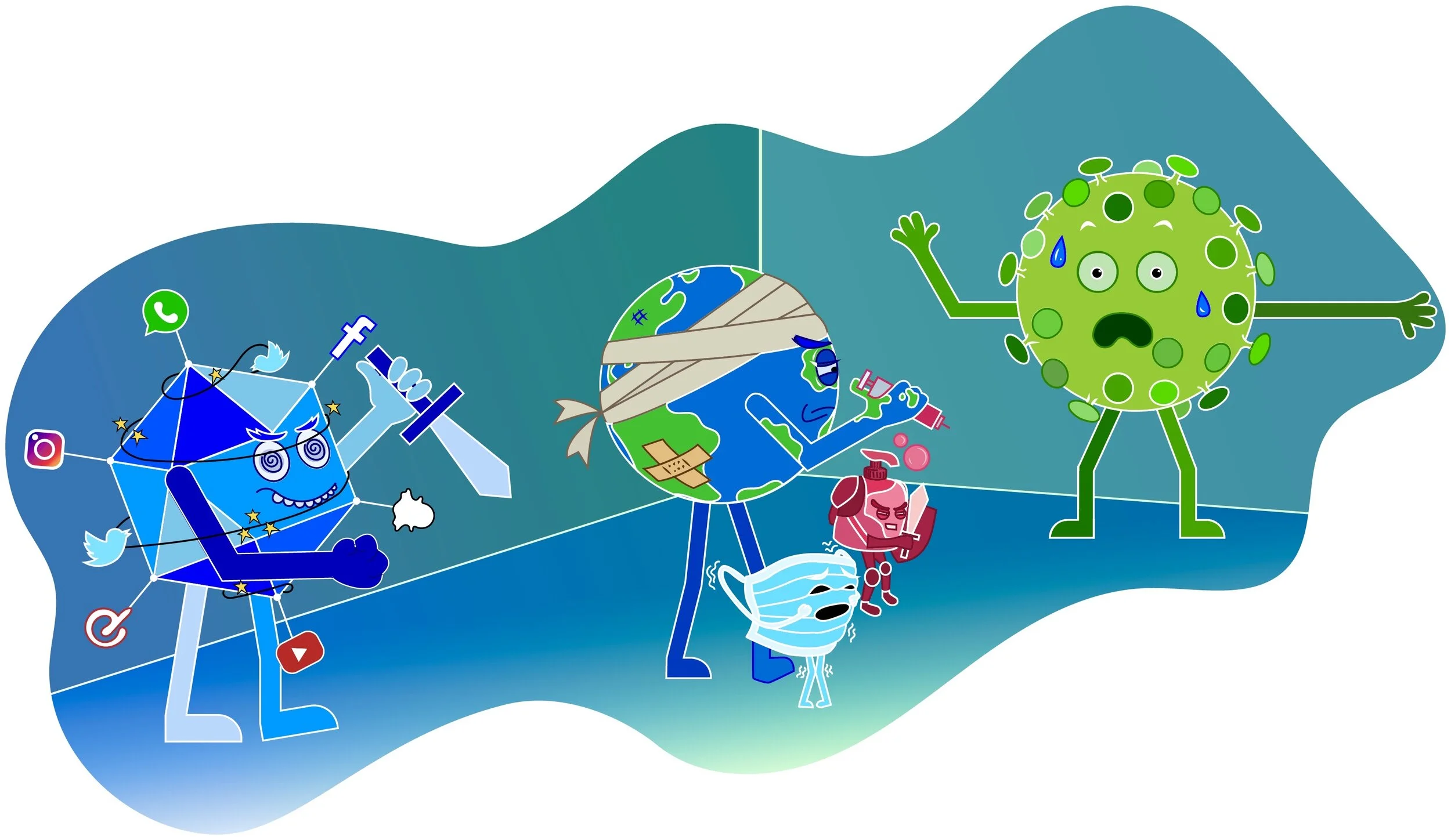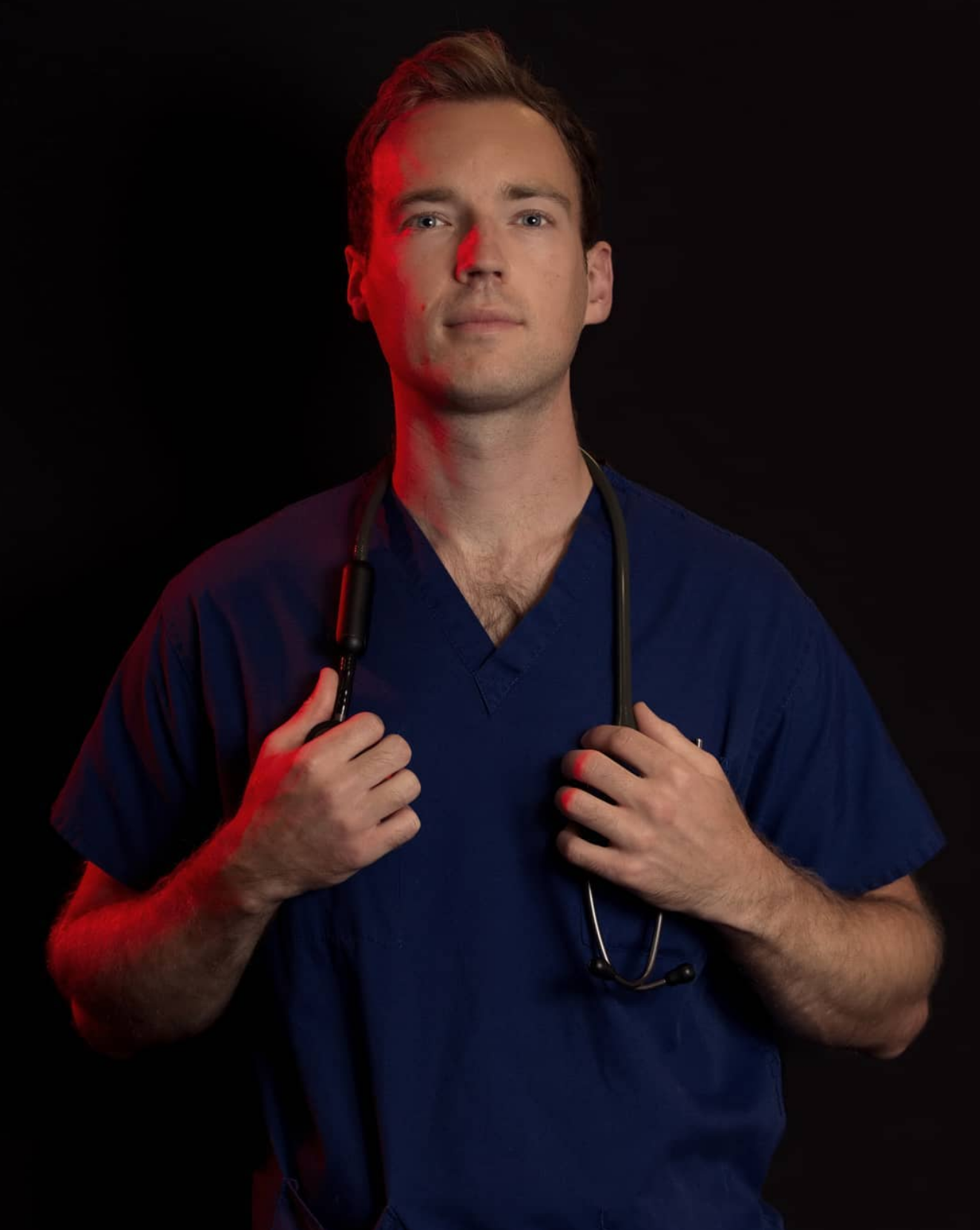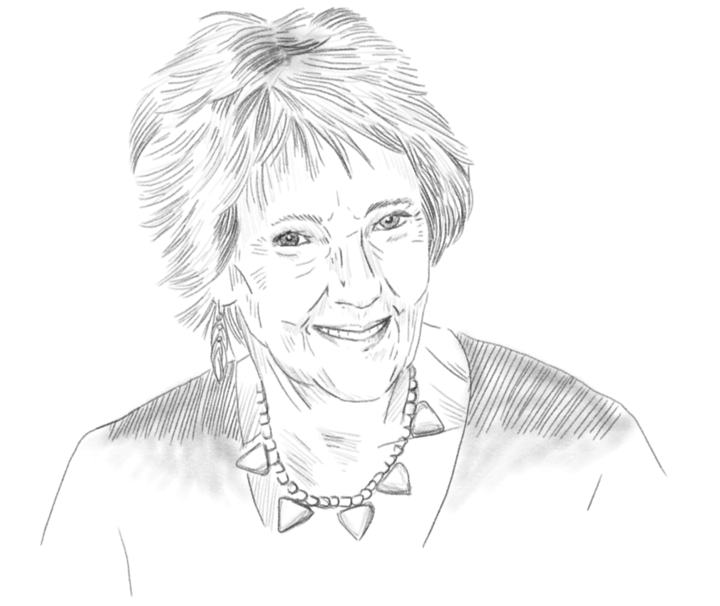There has been significant concern in recent weeks among medical students, particularly those in Final year, following the outcomes from the Foundation Programme allocation process for 2024 recruitment. As a doctor who has been through this stage of job applications, albeit some time ago, I can identify with some of the concern.
All in Medicine
Turning to stone: how a rare disease patient’s health and wellbeing is influenced within our society
Submitted for The Student Voice Prize
A Personal Story from the Spectrum
As for the social side, it was trial and error. A lot of trial. A lot of error. The entirety of socialisation, from the unwritten rules that govern our interactions, to the unspoken social cues, to understanding the nuances of speech and knowing when to take meanings literally or read in between the lines; they were a complex tangle of incomprehensible messes that I felt I was banging my head against over and over.
How To Save A Life
How many people does it take to try and save a life? Clichéd openings aside, it’s a question that has given me much pause for thought when I look back and (shudder) reflect on my experiences of the last year or so.
Vaccine Inequality
As of the 18th of February 2021, more than 16 million people have received their first coronavirus vaccination in the UK. The UK has also ordered 407 million doses of 7 different vaccines, making them one of the countries who ordered the most vaccine doses relative to their populations.
The Tip of the Iceberg?
COVID-19 has taken a toll on all members of the population across the globe. The SARS COV-2 virus has been identified as a respiratory virus displaying a myriad of signs and symptoms. For many, an infection may lead to only mild symptoms or go entirely unnoticed. However, a significant proportion of infected individuals experience severe and debilitating consequences.
Assisted Dying
Between zoom calls, banana bread- baking and the tsunami of Covid-19 announcements, you may have missed the Government’s most recent decision relating to assisted dying. Earlier in December, Matt Hancock announced that the Government will allow terminally-ill people to travel to Dignitas during the current lockdown.
The COVID-19 Infodemic
A pandemic. Mass technology. A recipe for disaster. 5G radiation caused the Covid-19 pandemic. Hydroxychloroquine is the cure for Covid-19. The virus was genetically engineered in a lab in China. Drinking cow urine can cure Covid-19. Bill Gates wants to use a vaccination program to implant digital microchips that will track and control people. Taking six deep breaths and then coughing while covering one’s mouth will cure Covid-19. Consuming garlic, onions and turmeric prevents the virus. Covid-19 doesn’t actually exist.
A Pandemic within a Pandemic
Lockdown was a controversial measure, then and now, hotly debated with some countries like Sweden outright rejecting the idea. However, it worked to a degree for us; cases of COVID went down and the death toll slowly but surely receded, before measures were reversed. However there is a disease which thrived during our brief stint with lockdown: violence.
We Need to Talk about Periods
It’s not a surprise to anyone that Women’s Health, and associated issues, is an oft neglected part of medicine. One area of women’s health that is very present in public discourse now is periods. However, within healthcare education, this conversation is still lacking. So, what conversations should be happening and why aren’t they? I conducted three interviews to look at these questions.
#Medbikini
If this hashtag means anything to you, you'll know that what is about to follow is a very justified rant. For those whom it does not here is a recap; an article was published in the Journal of Vascular Surgery titled "Prevalence of unprofessional social media content among young vascular surgeons". In this study, young vascular surgeons’ social media accounts were screened, using fake social media accounts created by the authors.
Diary of an FiY1
If you stand by the fountain at St Bartholomew’s Hospital and look upon the hospital, you look upon a site that has lived through the black death, Spanish influenza and two World Wars. Now that list includes COVID-19, the inescapable phrase on everyone’s lips as the UK works through the greatest health crisis of our lifetime.
Bereft
The beginning of summer, I am working with the bereavement team at The Royal London Hospital packing boxes with the possessions of deceased patients, I am working with my friends and living by myself in London. The end of summer, I am back at my family home, the leaves turn from green to yellow and we receive a call at 2 am to notify my family of my grandmother’s death.
In Conversation with Professor Charles Knight, CEO of St Bartholomew's Hospital & Nightingale Hospital London
Professor Charles Knight OBE is the CEO of St Bartholomews Hospital, and was seconded to be the CEO of the Nightingale Hospital London at the ExCeL as the first wave of the COVID-19 pandemic reached its crescendo. We spoke to him about his experience during this turbulent time, and about what we, as a health system, could learn from these last few months.
Spilling the Beans on Caffeine
From the French Emperor, Napoleon Bonaparte, who declared “I would rather suffer with coffee than be senseless”; To the American- British poet, T.S. Eliot, who said “I have measured out my life with coffee spoons”.
A Human Scientist: Sir Joseph Rotblat
Most medical students will recall having Global Health lectures based at the Joseph Rotblat Building in Charterhouse Square. And indeed, it is a shame that many of us have never stepped foot in a building named after one of the six Barts Nobel Laureates.
A Discovery in Tragedy: Sir Archibald Garrod
If an institution is to legitimately count its Nobel Laureates as a measure of its status, it must do so by turning a blind eye to the many scores of alumni and faculty who were never recognised with such an honour, whether because they lived in the wrong era or achieved excellence in the wrong field. And then there are those who were simply ignored, such as Sir Archibald Garrod.
Protect the NHS - but what about its staff?
The irony in the government’s rhetoric is glaring; today’s “heroes” were yesterday’s villains as the “battle against the junior doctors”, which former health secretary Jeremy Hunt frequently boasted about in the 2019 Tory leadership hustings, becomes the “battle against the invisible enemy”. The army which Mr. Hunt proudly defeated now fights on the government’s behalf.
An Impulsive Genius: Sir Ronald Ross
With six Nobel Laureates attached to its name at one point or another, St Bartholomew's Hospital Medical College has a healthy track record when it comes to picking up Nobel Prizes. It should not come as a surprise. While we cannot boast the ruthless efficiency with which Oxbridge churns them out (nor LSE’s knack for collecting the misfit ‘Nobel’ Prize in Economic Sciences), we did get there first and have been winning them since day one. Or at least day two.
A Shared Laboratory: Sir Henry Hallet Dale & Sir John Vane
If the question was posed, what do all six winners of the Nobel Prize associated with the St Bartholomew’s Hospital Medical College have in common, what would one’s answer be?




















